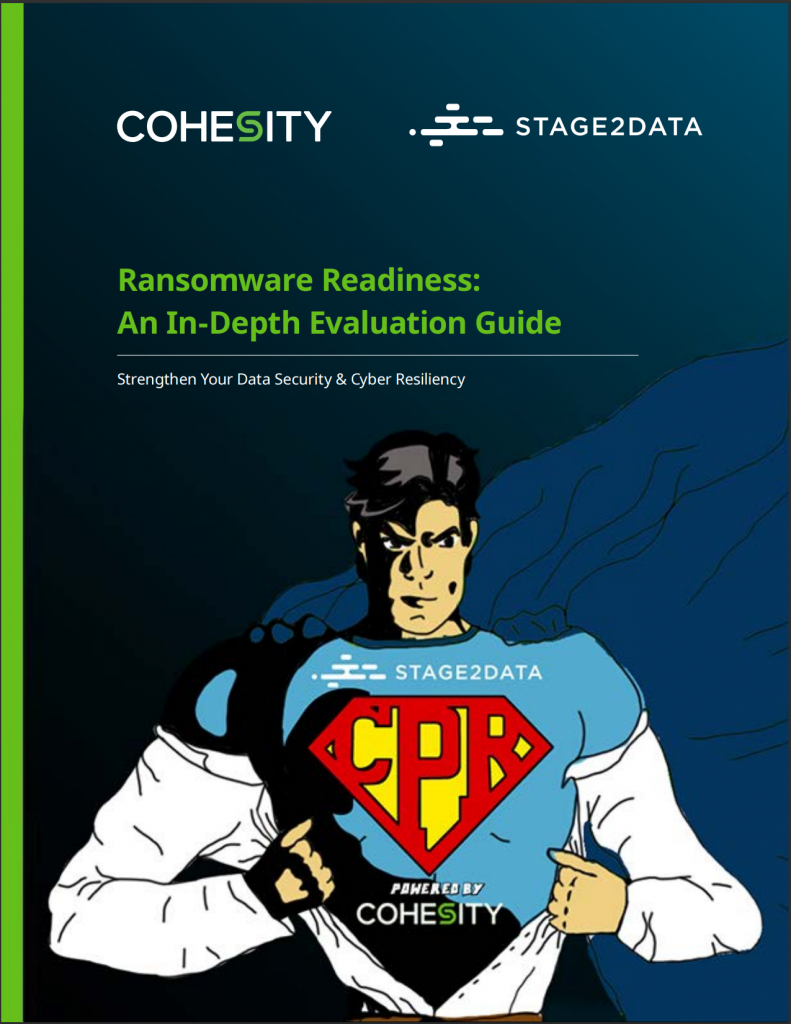A few years ago the owners of a family-owned Caribbean resort chain found themselves in a pickle with the US government when they decided to expand into Cuba. Although the chain had no properties in the US, the government used Helms-Burton Act to present a clear choice: ‘pull out of Cuba or we will revoke all your US visas, those of your families and your senior executives’. Moral of the story: When the US government becomes concerned about your affiliation with rival organizations or governments your goose is cooked. What, you may ask, does this have to do with the recent acquisition by Shaw Communications, of US data centre company Via West?
The rival that the US is most concerned at the moment, is terrorism and terrorist organization. One of Its primary weapons is the PATRIOT Act which allows the US govt., on suspicion of terrorist affiliation, to demand access data for any US person; obviously this includes US-owned organization, or any company owned by a US company.
What then, does that mean for Shaw, it’s US and non-US customers? When Shaw didn’t own business in the US, it could be argued that they had no obligation to turn over any information to the US government even if the information belongs to a US company. Certainly Canadian customers could rest easy for data stored by a Canadian company in Canadian data centres. This acquisition appears to have changed the landscape. I am no lawyer, but I would think that any customer that stores data in Shaw’s US datacenter must comply with any request from the US govt.
The real question is, what does this change for non-US customers storing data in Shaw’s non-US data centres? Well they may not be directly covered under the PATRIOT Act. But as was the case with the resort owners, the fact that Shaw has now made a billion-dollar investment in a US company, makes it vulnerable to any pressure brought to bear that would prevent them from operating said US business. That’s something to consider for any Canadian (or other non-US) business looking to explore cloud storage with a company that is: a) not wholly Canadian owned or; b) has US business concerns.
Written by Bruce McKnight on . Posted in S2D Blog

